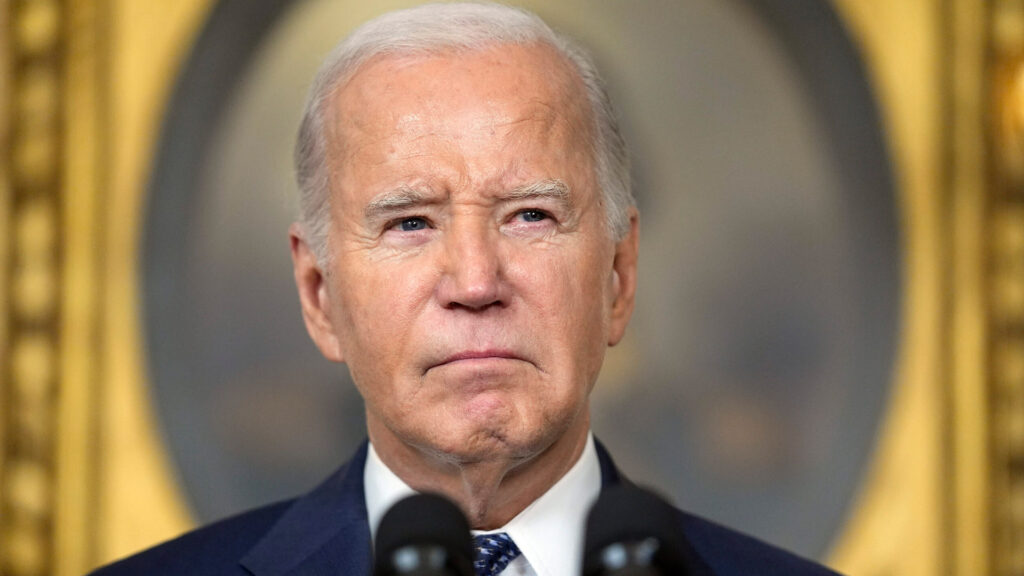
Newsletter Subscribe
Enter your email address below and subscribe to our newsletter

Enter your email address below and subscribe to our newsletter

Harris emerges as the frontrunner in Democratic shake-up: Industries reassess strategies amid political uncertainty.
US President Joe Biden has announced his decision to withdraw from the 2024 presidential race, sending shockwaves through the political landscape and financial markets.
This dramatic reset of the electoral contest comes after weeks of mounting pressure from within the Democratic party, sparked by a poor debate performance and further intensified by recent geopolitical events.
As the dust settles, businesses and investors are scrambling to understand the implications of this seismic shift in American politics.
While Biden has thrown his weight behind Vice President Kamala Harris, the Democratic party has yet to anoint her as the nominee officially. Harris has already begun vetting potential running mates, including Pennsylvania Governor Josh Shapiro and Kentucky Governor Andy Beshear, signaling her readiness to step into the role.
However, the party’s rules allow for other contenders to emerge, potentially leading to a contested nomination process.

Despite Harris’s apparent frontrunner status, rumblings of potential challengers persist. Joe Manchin, the centrist senator from West Virginia, is reportedly considering a bid.

However, key Democratic figures like California governor Gavin Newsom and Michigan governor Gretchen Whitmer are expected to rally behind Harris, potentially forestalling a divisive primary battle.

For the business community, the key question is whether a Harris presidency (or that of another Democratic nominee) would represent continuity or a departure from Biden’s policies.
Harris’s economic stance, approach to regulation, and foreign policy priorities will be scrutinized closely by industries ranging from tech and finance to energy and healthcare.
The unexpected shake-up in the presidential race is likely to inject short-term volatility into financial markets. Investors may need to reassess their strategies, particularly in sectors sensitive to policy changes such as renewable energy, healthcare, and defense.
The uncertainty could also impact foreign investment decisions and international trade negotiations.
Biden’s exit raises important questions about the transition of campaign resources. With a shared campaign committee, Harris stands to inherit significant financial resources if she becomes the nominee.
However, the rules governing the transfer of funds to a new candidate are complex, potentially impacting campaign strategies and advertising budgets in the crucial months ahead.
The tech industry, already grappling with increased scrutiny and regulatory pressures, will be watching closely for signals from the new Democratic standard-bearer. Harris’s ties to Silicon Valley and her stance on issues like data privacy and antitrust could have far-reaching implications for the sector.
With climate change a key issue for Democrats, any shift in policy emphasis could significantly impact the energy sector. Companies in both renewable and traditional energy will be keen to understand how a new nominee might alter the balance of Biden’s climate agenda.
Healthcare reform remains a contentious issue, and the emergence of a new Democratic nominee could reshape the debate. Pharmaceutical companies, insurers, and healthcare providers will be analyzing potential policy shifts that could affect drug pricing, insurance markets, and healthcare delivery models.
As the Democratic party navigates this unexpected transition, businesses and investors must remain agile. The coming weeks will be crucial in determining the party’s direction and its implications for the economy and specific industries.
With the stakes higher than ever, the business community will be watching closely as the new Democratic nominee emerges and articulates their vision for America’s economic future.